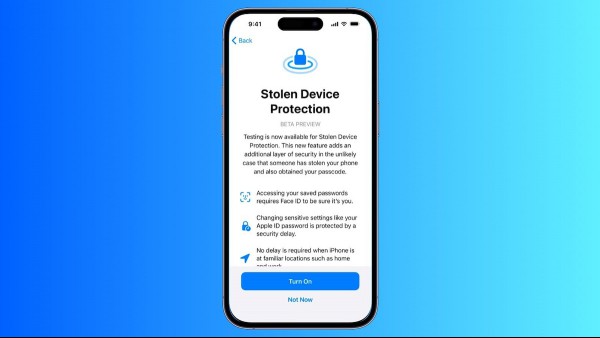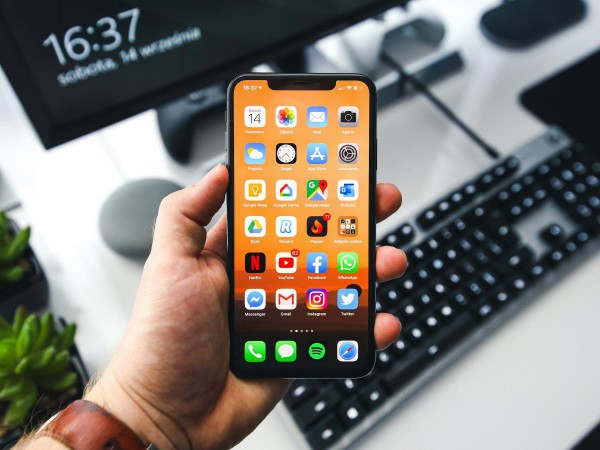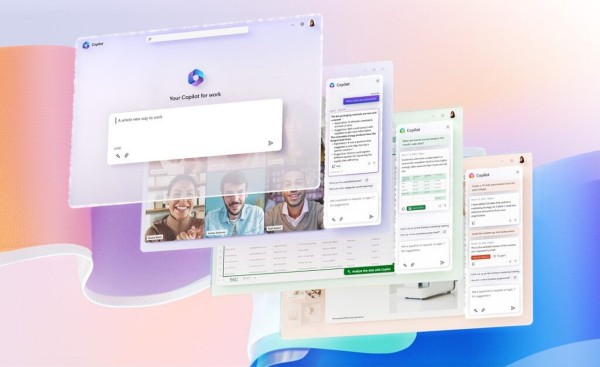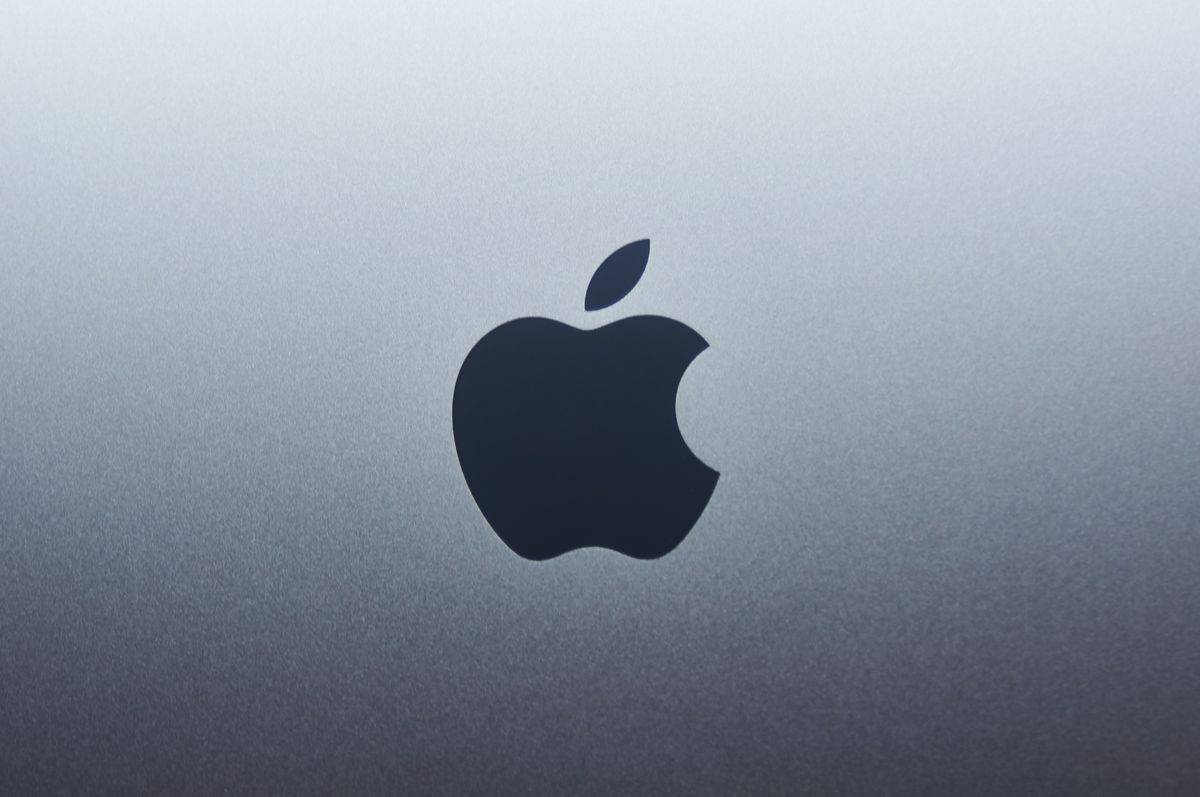Apple introduces Stolen Device Protection for iPhone with iOS 17.3 beta
Apple has released the first beta of iOS 17.3 beta to testers. It brings an important security feature called Stolen Device Protection for iPhone.
iPhones have been a prime target for thieves and muggers, and that's not surprising since it is an expensive device. Most stolen iPhones end up being ripped apart for spare parts, and are shipped all over the world. That's mostly because the thieves cannot unlock the iPhone without the passcode. They often try to blackmail users, threatening to leak their data and pictures online, unless they give them the code. You should never fall for these scareware tactics, just ignore them, because they cannot access your data until they actually have the passcode. If you submit to their demands, they are just going to unlock the phone and sell it to someone.
Earlier this year, a report published by The Wall Street Journal's Nicole Nguyen and Joanna Stern revealed that thieves were resorting to new methods to break into stolen iPhones. The thieves spy on potential victims in bars and public places, observing the user, to be specific, they spy on the device's passcode. Then, when they steal the iPhone, they are able to use the passcode to reset the victim's Apple ID password. They can even turn off Find My, which is what victims can use to mark their device as stolen, and track their phone. That's not all, if a thief has your iPhone and knows the passcode, they can access your emails, contacts, photos, basically anything and everything about your digital life. They can even reset the phone and sell it to someone else.
Apple introduces Stolen Device Protection to prevent thieves from accessing data on iPhones
This is what Apple wants to stop with the new Stolen Device Protection feature. When a user enables the feature, all subsequent actions such as changing the Apple ID password, turning off Lost Mode, deleting all data on it, accessing the passwords in iCloud Keychain, will require the user's Touch ID or Face ID. Essentially, Stolen Device Protection adds a second layer of security, i.e. biometric authentication. The feature does not have a passcode fallback, so when a thief tries to access a sensitive system setting and fails to provide the biometric data, they cannot use a passcode to bypass the prompts.

Image courtesy: Macrumours
Some settings such as changing the Apple ID password has a security delay. When a user tries to modify the setting, they will need to authenticate it with Face ID or Touch ID, and wait one hour, after which they will need to authenticate with Face ID or Touch ID again. This delay will not be enforced if the iPhone is located in known locations, such as your home or work place.
How to enable Stolen Device Protection on your iPhone in iOS 17.3
1. Head to the Settings app > Face ID & Passcode.
2. Tap on Stolen Device Protection to enable the feature.
Macrumors says that Stolen Device Protection will likely be made available for the iPhone XS and newer in January or February. This is an excellent feature to have. You can replace your iPhone, but not your files, photos, emails.
Apple released iOS 17.2 to the stable channel yesterday, along with the Journal app.
RECOMMENDED NEWS

How to enable Stolen Device Protection on iPhone
Apple released iOS 17.3 this week, which brought an important security feature. Here's how to enabl...

OpenAI's ChatGPT app for Mac is now available for all users
OpenAI has released the official ChatGPT app for Mac for all users. The app had been in beta for a ...

You should now be able to get Windows 11 Version 23H2, if you have not already
Microsoft released Windows 11 version 23H2 last year to the public. It,, and the Moments Update tha...

Microsoft releases the September 2024 security updates for Windows
Microsoft released security updates for all supported versions of its Windows operating system and ...

Google Chrome: how to disable toast popups in the browser
If you have upgraded Google Chrome to the latest version already, you may have noticed a new type o...

Apple Cuts Off Russian Developers from Enterprise Program Amid Ongoing Sanctions
Apple has officially shut down access to the Apple Developer Enterprise Program (ADEP) for Russian ...
Comments on "Apple introduces Stolen Device Protection for iPhone with iOS 17.3 beta" :